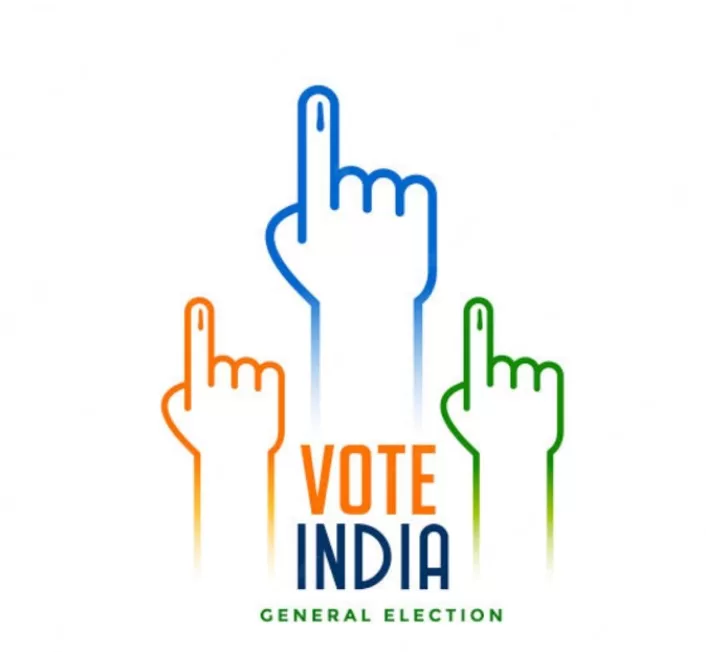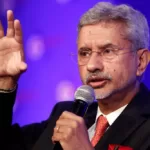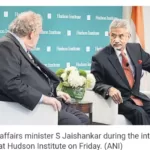Intriguing developments are unfolding in the realm of Indian politics, as the prospect of implementing the “One Nation One Election” concept gains traction. Speculation is rife that this monumental electoral reform may see the light of day as soon as the 2024 Lok Sabha Elections. Officials from the Law Commission have provided insights into their ongoing efforts to devise a comprehensive mechanism for this ambitious endeavor.
The Law Commission, tasked with ensuring the smooth transition towards synchronized elections at various levels, has revealed its plans to harmonize all assembly elections with the Lok Sabha polls. The goal is to realize the vision of One Nation One Election by the time the 2029 Lok Sabha Elections roll around.
Under the proposed framework, the Law Commission aims to establish a unified electoral roll encompassing Lok Sabha, state assemblies, and local bodies. This would substantially reduce the financial burden and manpower required to conduct elections, streamlining a process that currently involves both the Election Commission and various state election commissions.
Prime Minister Narendra Modi’s administration has taken concrete steps to explore the feasibility of simultaneous elections for Lok Sabha, state assemblies, and local bodies. The Law Commission may also be entrusted with incorporating local elections into its mandate, further solidifying the One Nation One Election concept.
One of the key initiatives being contemplated by the Law Commission is the adjustment of the tenure of legislative assemblies. By fine-tuning the duration of assembly tenures, the Commission aims to facilitate the simultaneous conduct of Lok Sabha and state assembly elections, ensuring that voters cast their ballots for both elections in a single visit to the polling booth.
Given that current elections are staggered across different phases, the Law Commission is meticulously working out the logistics to ensure voters’ convenience and prevent the need for multiple trips to polling stations.
While the Commission’s primary objective is to harmonize Lok Sabha and assembly polls, a high-level committee led by former president Ram Nath Kovind has been assigned the task of exploring the feasibility of unifying Lok Sabha, assembly, and local body elections, including panchayat, municipalities, and zila parishad polls.
One potential suggestion from the Law Commission may involve conducting three-tier elections in two phases within a single year. The first phase would encompass Lok Sabha and assembly elections, while the second would focus on local body elections.
It’s worth noting that back in August 2018, the previous Law Commission endorsed the Modi government’s proposal for simultaneous elections, citing the benefits of preventing constant election cycles. However, the panel called for further public discourse and highlighted the need for constitutional changes to implement this significant electoral reform.
In conclusion, the ongoing efforts to synchronize and streamline India’s election process represent a monumental undertaking in the nation’s democratic journey. The realization of One Nation One Election could mark a transformative moment in Indian politics, offering numerous advantages, including cost efficiency and voter convenience.







